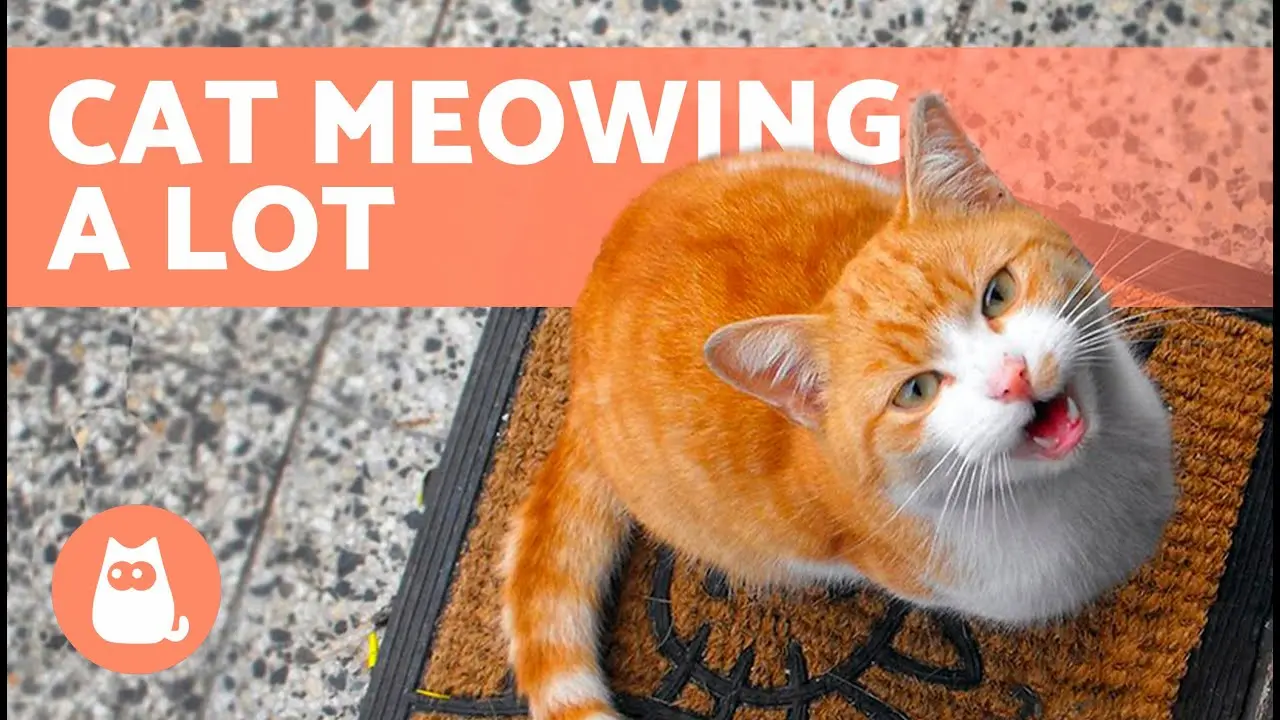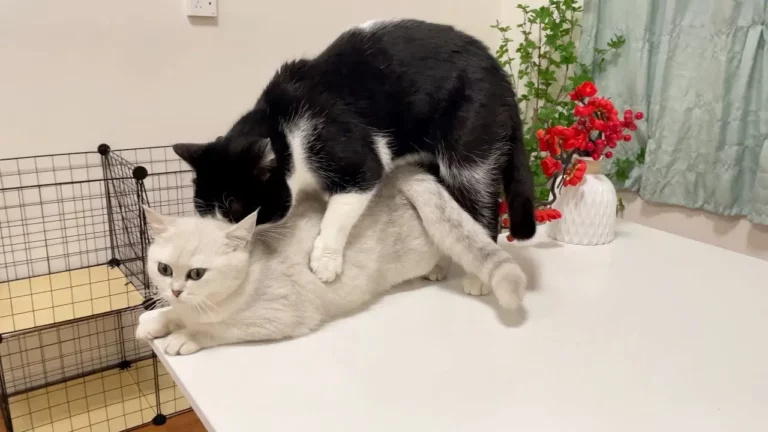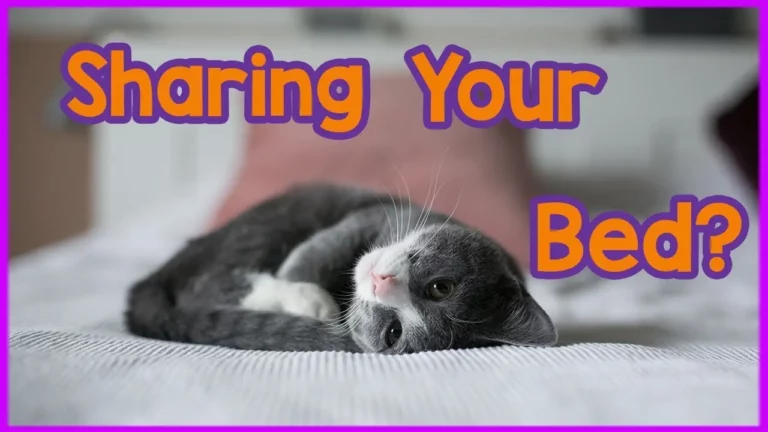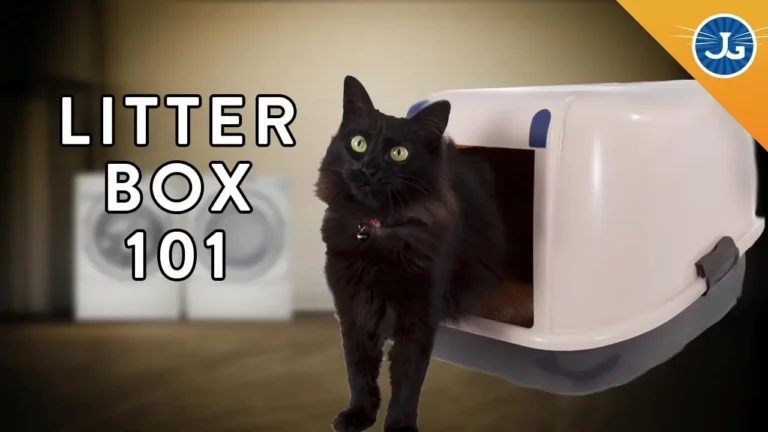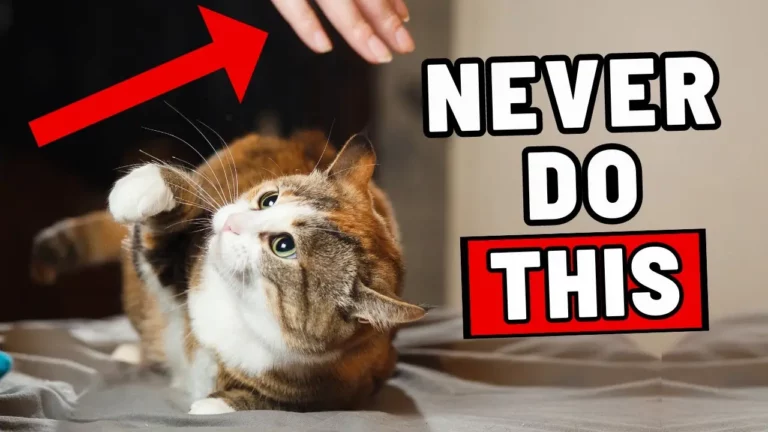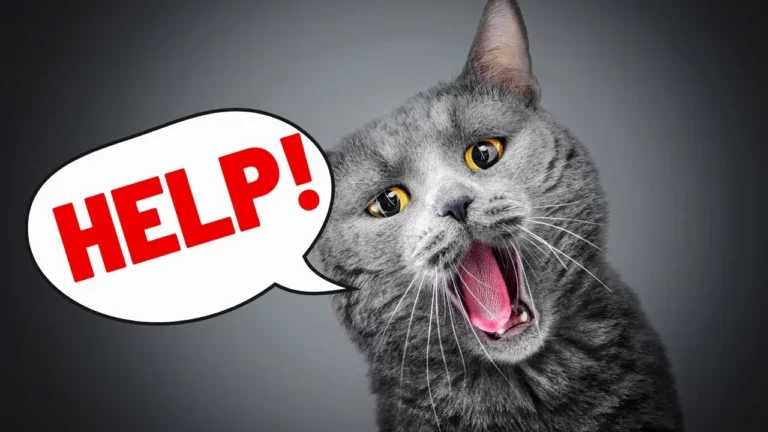Stop The Constant Meow: 6 Reasons Why Your Cat Over-Vocalizes
I’ve noticed my
There are several reasons why this might be happening. Hunger or thirst is a common culprit, reminding me to keep an eye on their food and water bowls. Sometimes, they’re just looking for a bit of attention and interaction.
It’s also possible that underlying medical issues could be causing discomfort, which makes veterinary visits essential.
Stress, anxiety, aging, and even breed traits play significant roles too. Understanding these factors can make a world of difference—let’s explore how we can address each one.
Hunger or Thirst
One of the most common reasons your
Cats, just like us, have basic needs, and when those aren’t met, they often communicate through meowing.
If your
To guarantee your
Sometimes, it’s not just about the quantity but also the quality of what they’re eating or drinking.
Cats can be quite particular about their diet and hydration.
If the water is stale or the food is unappealing, they might refuse it and meow to get your attention.
Additionally, consider the timing of their meals.
Cats thrive on routine, so feeding them at the same times each day can help reduce their vocal demands.
If you’re away during the day, automatic feeders and water dispensers can be lifesavers, providing consistent nourishment while you’re gone.
Seeking Attention
Apart from hunger or thirst, your
Cats are social creatures, and just like us, they crave interaction and companionship.
If you’ve been busy or away from home a lot, your furry pal might be trying to tell you they miss you.
They could be feeling lonely or bored, and their meowing is a way to draw you in for some much-needed quality time.
To address this, spend more time engaging with your
Play interactive games, use toys that stimulate their hunting instincts, or simply sit and pet them. Sometimes, a few minutes of focused attention can make a significant difference.
Also, consider creating a stimulating environment for your
It’s essential to recognize when your
Medical Issues
When your
If your
Conditions like hyperthyroidism, which speeds up metabolism, can make your
Similarly, kidney disease can lead to increased meowing due to discomfort and the frequent need to urinate.
Other issues, such as dental pain or arthritis, might also prompt your
Cats often hide their pain well, so changes in their vocal patterns can be one of the few visible signs.
Additionally, sensory decline, such as hearing loss or diminished vision, can make your
It’s essential to observe any additional symptoms, such as changes in appetite, weight loss, or altered grooming habits, that might accompany the increased vocalization.
Scheduling a vet visit is the best course of action to rule out or diagnose any medical problems.
An early diagnosis can make a significant difference in your
Stress or Anxiety
Cats often over-vocalize when they’re feeling stressed or anxious.
Just like humans, they’ve their ways of expressing discomfort, and constant meowing can be a clear signal.
When a
Changes in the household, such as moving to a new home, introducing a new pet, or even rearranging furniture, can trigger this behavior.
Cats are creatures of habit, and disruptions to their routine can make them feel insecure.
I’ve noticed that providing a stable environment can help reduce my
Creating a safe space for them to retreat to, filled with their favorite toys and bedding, can offer comfort.
Additionally, maintaining a consistent feeding schedule and incorporating regular playtime can help them feel more secure.
Sometimes, using calming products like pheromone diffusers or sprays can also be beneficial.
It’s essential to observe your
Aging and Cognitive Dysfunction
As cats age, they might start over-vocalizing due to cognitive dysfunction, similar to how humans experience changes in behavior with dementia.
This condition, known as
Just as an elderly person might wander the house at night, a
I’ve noticed that older cats can become more vocal as they lose their sense of direction or forget familiar routines. They might meow to seek reassurance, express discomfort, or simply because they’re confused about their surroundings. Changes in their environment or routine can exacerbate these symptoms, making them even more vocal.
To help a
Feeding them at the same times each day, providing plenty of comfort, and ensuring they’ve familiar, quiet places to rest can reduce anxiety.
Supplements and medications prescribed by a vet can also help manage symptoms.
Breed Traits
Certain
Siamese cats are known for their loud, persistent meows and their love of “conversation†with their owners.
Similarly, other breeds like the Oriental Shorthair, Burmese, and Sphynx also tend to be more talkative, each with their unique sounds and reasons for vocalizing.
I’ve found that understanding your
These cats often meow to express boredom or seek attention, so engaging them with interactive toys, play sessions, and puzzle feeders can make a difference.
It’s also helpful to respond consistently to their meows.
Acknowledge their communication but avoid reinforcing excessive meowing by giving in to demands every time they vocalize. Instead, reward quiet behavior with treats or affection.
Conclusion
Understanding why your
Always make sure your
Your efforts will make a difference!
